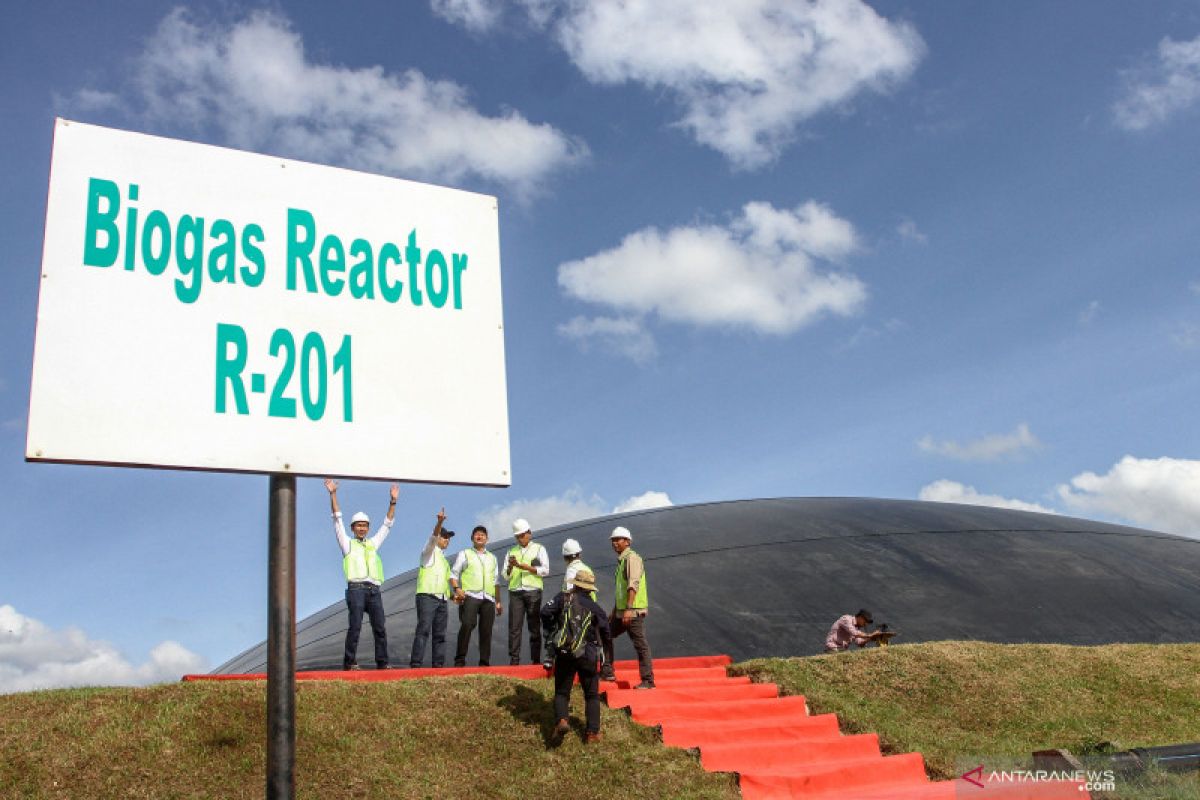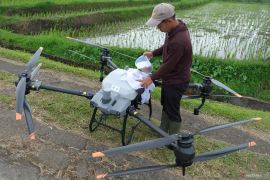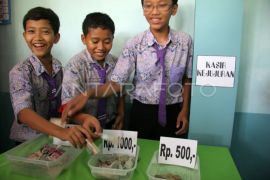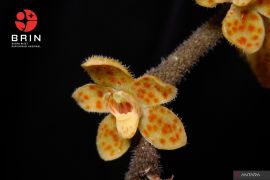Our goal is to find sustainable and efficient solutions that will provide benefits to the nationJakarta (ANTARA) - The National Research and Innovation Agency (BRIN) cooperates with higher education institutions and partner companies to study the use of liquid waste from palm oil factories as an eco-friendly renewable energy source.
BRIN works in collaboration with the Bandung Institute of Technology, Riau University, state plantation company PT Perkebunan Nusantara, and a private manufacture and technology development company PT Aimtopindo Nuansa Kimia to conduct research on the use of a prototype demo unit of biogas purification into biomethane in the biogas power plant (PLTBg) Terantam in Kampar District, Riau Province.
"We have reached an agreement to conduct a joint research on the use of Palm Oil Mills Effluent (POME)," Head of BRIN's Transportation Technology Research Center, Aam Muharam, noted in the agency's press release received in Jakarta on Friday.
According to Muharam, the research cooperation is expected to help Indonesia create innovations in the use of POME as a renewable energy resource.
"Our goal is to find sustainable and efficient solutions that will provide benefits to the nation," Muharam remarked.
He noted that the liquid waste from palm oil factories is one of the potential resources that can be used as renewable energy.
Currently, the project of technology development for the use of liquid waste from palm oil has been implemented in a pilot plant scale, including the development of biogas power plant (PLTBg), with the capacity of one megawatt by PT Perkebunan Nusantara V.
Furthermore, the development processes involve pilot plant-scale implementations of co-firing boilers with CSTR technology, with an average capacity of 150 Nm3/hour and biogas purification into biomethane, with a purity rate of 95-98 percent and also bioCNG at a pressure of 200 bars.
"Hopefully, PLTBgs can be more widely used. Such technology has undergone a testing process as fuel for trucks. This technology is essential to Indonesia," Head of BRIN's Research Center for Process Industry and Manufacturing Technology Hens Saputra stated.
Efforts to boost the use of new and renewable resources align with the government's resolution to suppress carbon emissions resulting from fossil-based fuel usage.
The government targets to lower carbon emissions by 31.89 percent with its own measures and by 43.2 percent with the support of international partners by 2030.
Related news: PLTBg power plant using palm oil liquid waste to generate electricity
Related news: Indonesia utilizing just 12.5 GW of renewable energy potential: Tasrif
Related news: US provides grants for developing wind power plants in NTB
Translator: Sugiharto Purnama, Tegar Nurfitra
Editor: Sri Haryati
Copyright © ANTARA 2023












